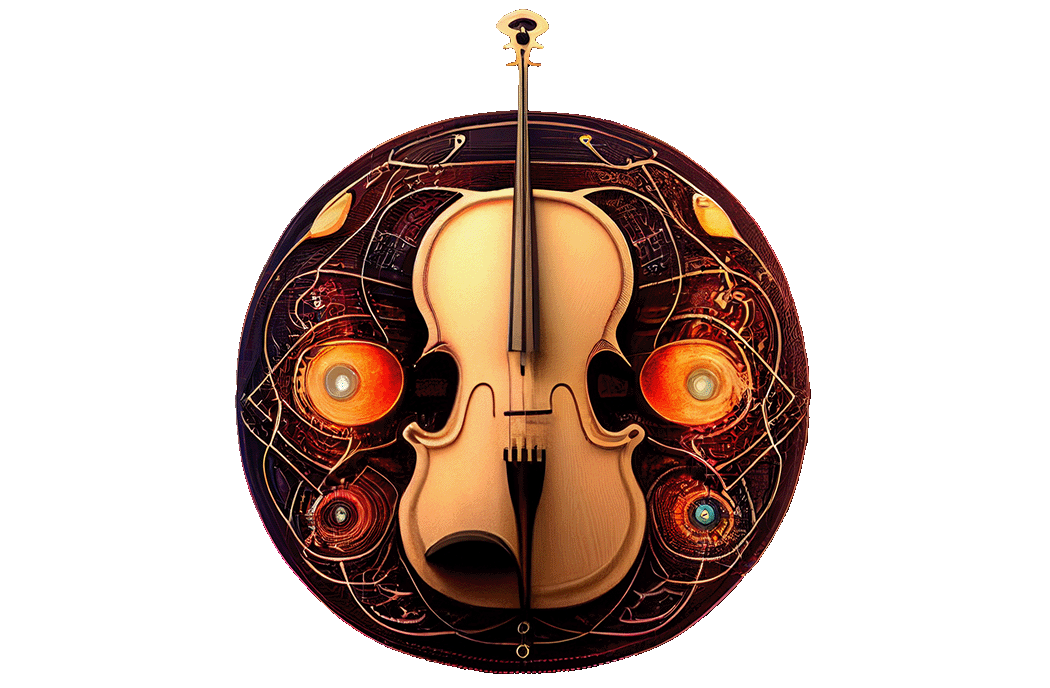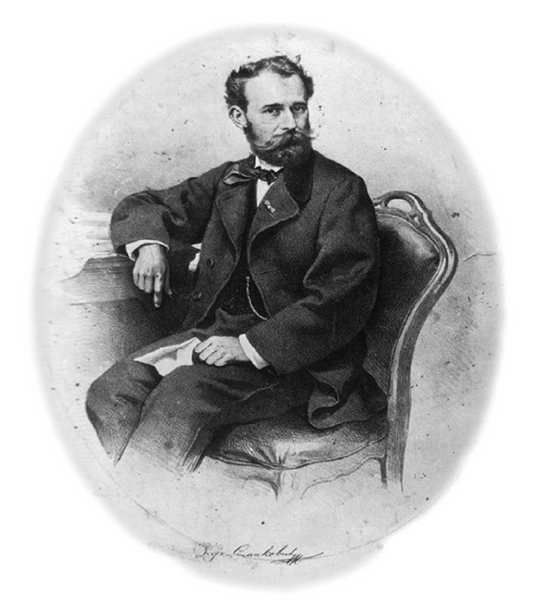Aboute School

Stankovic Music School in Belgrade was founded in 1911 within the Singing Association”Stankovic”. The first school principal was Stanislav Binicki, and lessons in piano, solo singing, violin, solfeggio and music theory were offered. Since 1920, the school was managed by the board of directors, and after that in 1921 by Hinko Marzinac, who introduced some new subjects and improved the teaching quality. He was replaced in 1923, by Petar Krstic. The department of teachers was established then, as well as public classes with the lectures, especially in the piano course. When Petar Stojanovic was appointed principal in 1925, a new teaching plan, in the tradition of Prague and Vienna Conservatorium, was established. Opera and drama department, chamber class, school orchestra, choir school as well as the evening courses for the adults were also introduced. With the appointment of Emil Hajek as the school principal (1929), the teaching was reformed according to the demands of modern pedagogy. With the support of Rikard Svarc and the young teachers, who later became Music Academy professors, Hajek upgraded the school to the level of a conservatorium.
Mihailo Vukdragovic, who took over the school the management in 1935, tried to maintain a high teaching level, so, along with stylistic concerts and opera performances there were also students’ composition concerts. During the period from 1937 to 1947, the school principal was Milenko Zivkovic. While he was at the position, the teaching plan was changed and expanded. Also, the school department in Zemun was founded. Reopening of the Opera Department was planned and many public and internal classes were organized. Special attention was devoted to promoting Yugoslav composers. When the school became the public institution in 1947, and gained the rank of secondary school, the work in all departments was continued, under the leadership of principal Bozidar Trudic. In 1951, Vladimir Plestic took over the school management. Under the leadership of the principal Branko Cvejic (1960-1974) the number of students was increased to more than 800, the teaching was improved, studying of harp and percussion instruments was introduced and the symphonic orchestra was established. Since 1974, Jovan Djordjevic has been the principal.
Radmila Pejovic
Stankovic, Kornelije was a composer, pianist and a choir master (Budim, 18 August 1831 – 5 April 1865). He spent the first years of his primary and secondary education in Arad, Szeged and Pest, where he was taught piano and violin by the private tutors. Since 1850, he was in Vienna, where he studied consonance and counterpoint with S. Sechter, composed his first compositions, and publicly performed two of his Liturgies. Under the influence of Slavophil circles, whose important centre was Vienna in that time, he went to Sremski Karlovci (1855) in order to study and write down Serbian church chants, which, until then, existed only in the oral tradition. Stankovic’s work is considered to be founding and pioneering because he approached it with higher education that his predecessors (J. Slezinger, N. Djurkovic, M. Milovuk, A. Kalaust), and also because he paid particular attention to the original secular and spiritual folk melody. His work is melographic and creative at the same time, because he presented all of the collected melodies in his own harmonization, which was particularly new in church chanting, which was until then performed in one accord. He adjusted secular folk melodies to the performing capability of the environment that they were intended for, and that is why he composed them in a simple, classical harmonization for a choir or the piano. A step further from the school harmonization are his piano compositions of virtuous and brilliant character (variations on the themes ,,Ustaj, ustaj Srbine” (“Rise, Rise Serb”) and ,”Što se bore misli moje” (“Why my thoughts are struggling”), and completely original are songs composed for the drama “Prethodnica srpske slobode”(“The preceding to Serbian liberty”) or Serbian outlaws by Dj. Maletic, mixed choir ,,Crnogorac Crnogorki”(“Montenegrin Men to Montenegrin Women”, verses by Djura Jaksic) and Serbian Hymn (verse of J. Jovanovic – Zmaj), which is now lost. From today’s point of view, Stankovic’s work has great significance, because he recorded and thus preserved folk creations of his time, that is, the treasure older than a century.
Stana Dj. Klajn
